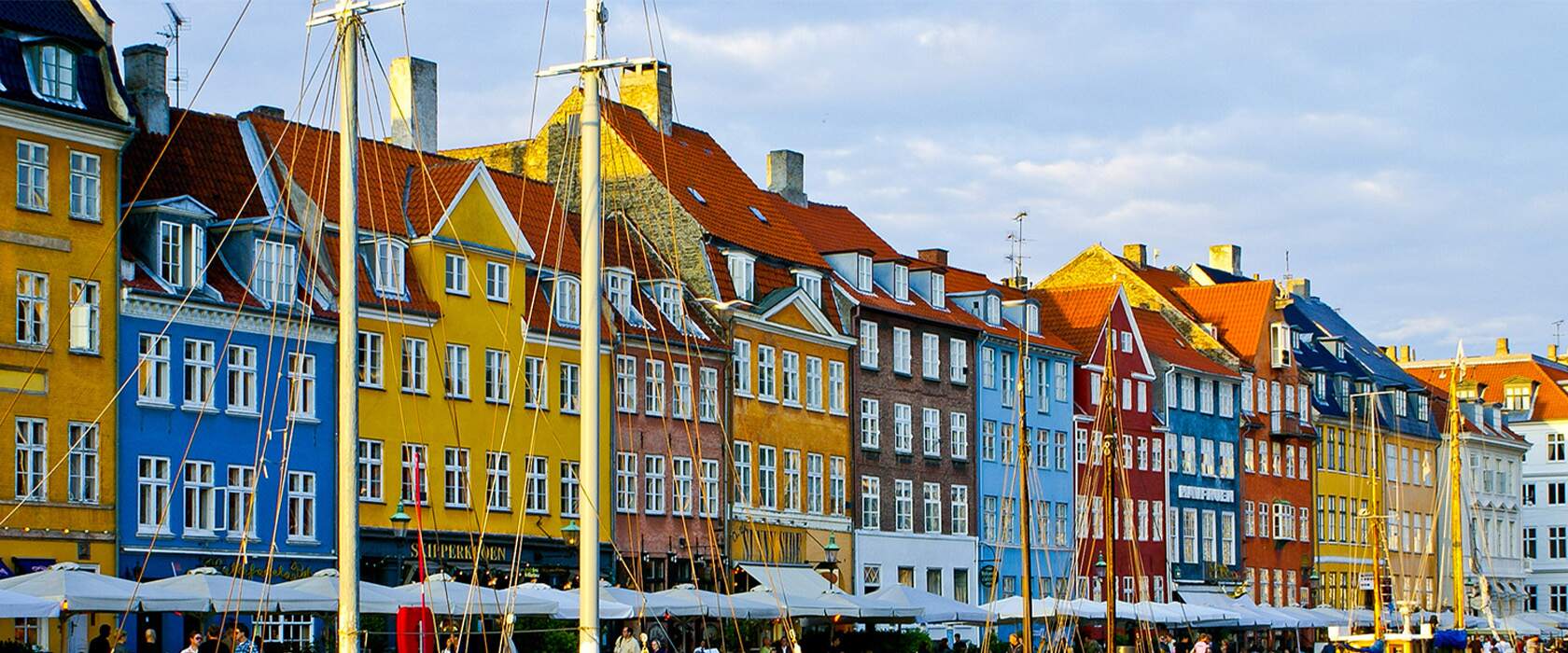How the Copenhagen MBA gives their students the “toolbox” they need to thrive
Matt Harland is an Australian risk and governance professional who completed his MBA at the Copenhagen Business School in 2015. He’s now working as the Director of Risk and Governance for independent government agency Infrastructure New South Wales. He discusses the differences between Danish and Australian culture, why Danish society provides a great mindset for business, and how doing the Copenhagen MBA MBA can give you a flexible toolbox that’ll help you reach your professional goals.







